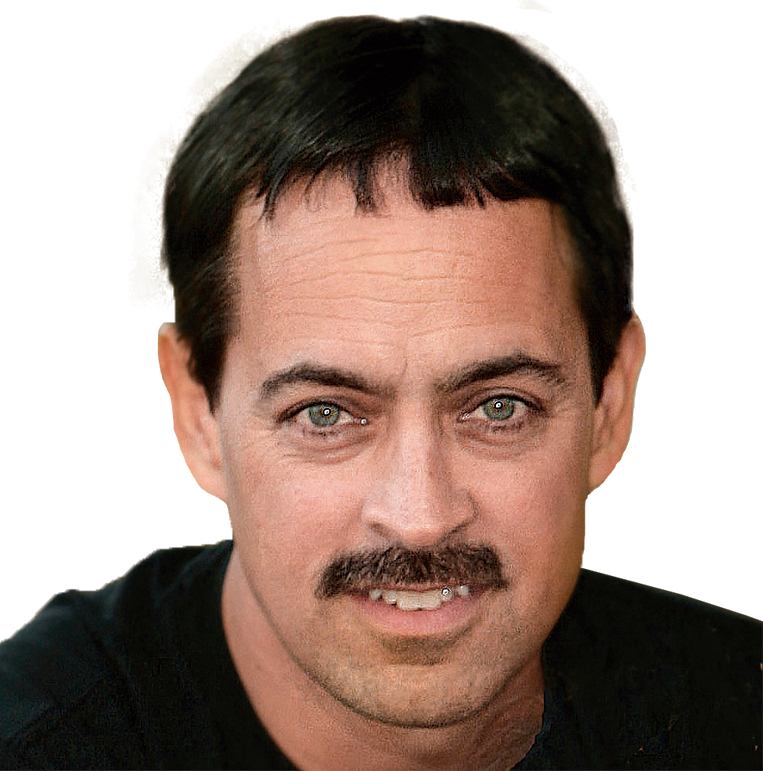While preaching recently in Tennessee, my wife and I had the privilege of traveling through lovely Sevierville. We have been that way many times before and always commented on the sign for the Forbidden Caverns. On this day, however, we actually had some time to spare.
And so it was we found ourselves traveling the little winding road, past the old mill and up to the Forbidden Caverns.
Our family loves exploring and adventure, whether it be underwater, on a mountain or under a mountain, and the Forbidden Caverns did not disappoint. They are far more spacious than most other caverns we have been in; the stalactite and stalagmite formations are beautiful; the guide was personable and knowledgeable and, overall, the cavern itself is just one more glorious illustration of the wonderful world our God has made.
I knew Dana was thinking the same thing when I heard her behind me softly whispering the words of Mark 7:37, "He hath done all things well."
It was in the history of the caverns, though, that God nudged my heart to a spiritual truth that I decided would make a good column.
Through the centuries, these particular caverns were sometimes used by the Cherokee Indians as a place to stay warm during the winter. But beginning in 1919, they began to be used by another group of people for a far less-innocuous purpose: Moonshiners set up shop in the heavy darkness, using the caverns as a hiding place for their illegal activities. There is always pure and abundant water flowing from a river in the cave and, at 150 feet below the surface, they were not likely at all to ever be heard.
The moonshiners went to work about eight o'clock each night, and always packed up and left by around 2:30 in the morning. Why that timeframe? The smoke from the still would wind its way up to the opening that the shiners had used to drop down into the cave. By doing their brewing at night, no one would see the smoke rising.
The reason they stopped by 2:30, though, was because the owner of the farm above the caverns always got up and started work at 3:30 in the morning.
That thought really struck a cord with me. The people aboveground worked all through the early morning hours, all through the heat of the day, and up into the early afternoon, and they did so out in the open where everything they did could be seen. The people working belowground did everything at night and in the pitch-black darkness of the heart of a mountain cavern.
John 3:19-20 says, "And this is the condemnation, that light is come into the world, and men loved darkness rather than light, because their deeds were evil. For every one that doeth evil hateth the light, neither cometh to the light, lest his deeds should be reproved." Jesus was commenting in this passage on the fact that people do not normally like to have the light shined on the sins they commit.
When it comes right down to it, everyone has a very simple choice to make: live in the bright sunlight or the dark shadows, do right or do wrong, live a life of hiding and lying or a life of being open and honest.
Physically, the Forbidden Caverns are amazingly beautiful. Behaviorally, there is no better choice than a life lived in the sunlight.
Bo Wagner is pastor of the Cornerstone Baptist Church of Mooresboro, N.C., and the author of several books available at wordofhismouth.com. Contact him at 2knowhim@cbc-web.org.

